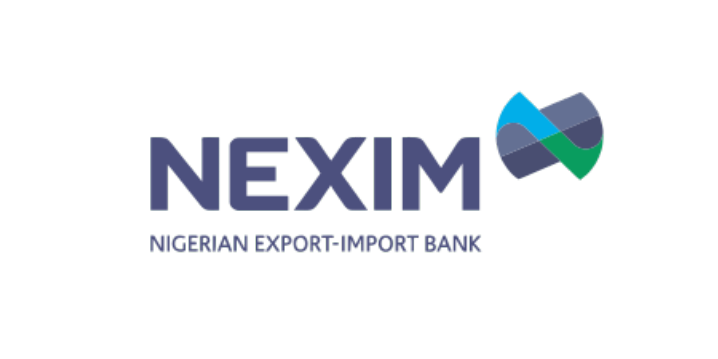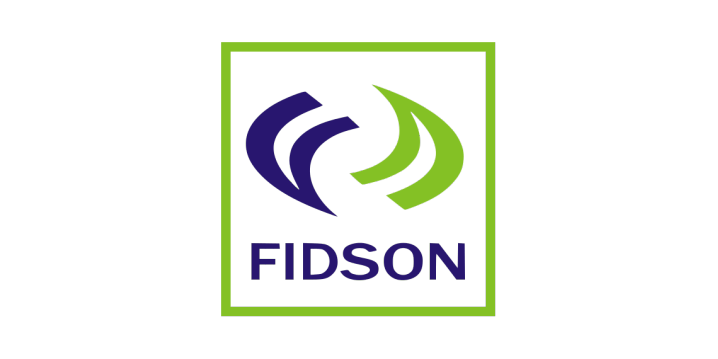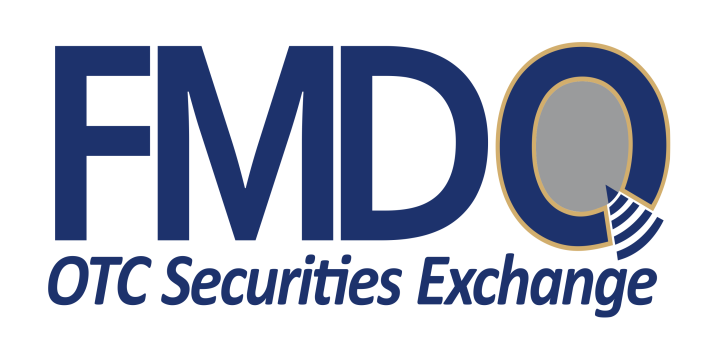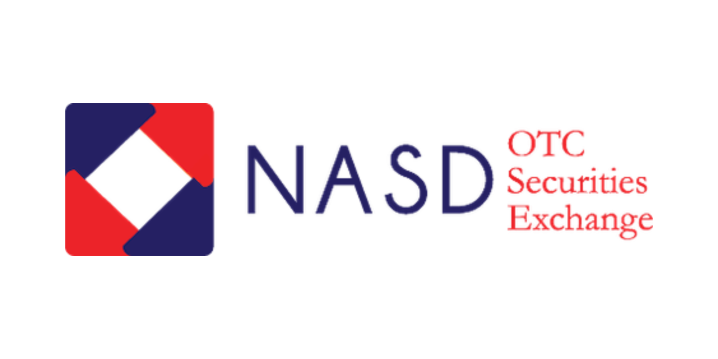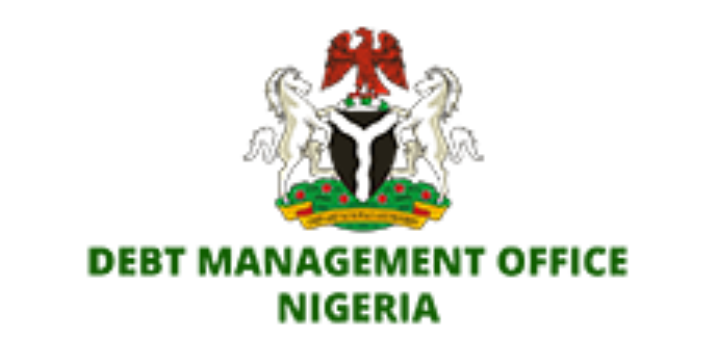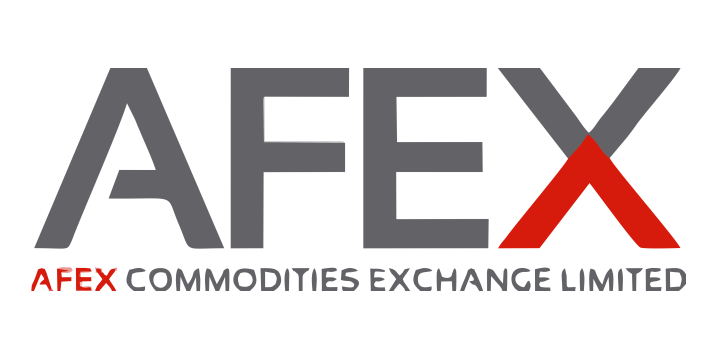Inflation refers to the sustained increase in the general price level of goods and services in an economy over a period of time. The consistency of the general price level can wreak havoc on personal finances and the broader economy. Nigeria’s economy, faced with soaring inflation rates, challenges the conventional wisdom of keeping money in a bank account for safety, as it can backfire spectacularly. As central banks implement contractionary policies to tame inflationary pressures, individuals are increasingly turning to the stock market as a means to not only preserve but also grow their wealth.
The practical implication of Cash in High-Inflation Environments:
Inflation is like a force that diminishes the value of money over time. In high-inflation countries like Nigeria, this implication can be rapid, visible, and pronounced. Consider this scenario: You diligently save N200,000 in your bank account to buy a smartphone for detty December, only to find out months down the line that the price of the same phone has increased by 30%. The meaning of this is that your N200,000 naira has diminished in purchasing power. The inflation rate can swiftly erode the real value of cash holdings, rendering them a liability rather than an asset.
But why does money in a bank account become a liability in such environments?
Loss of Purchasing Power: High inflation rates mean prices are rising at a rapid pace. As a result, the same amount of money buys fewer goods and services over time. Cash savings lose their purchasing power, leaving individuals with less real wealth to meet their needs and aspirations.
Negative Real Interest Rates: Central banks often respond to inflationary pressures by implementing contractionary monetary policies, which may include raising interest rates. However, in high-inflation environments, nominal interest rates may fail to keep pace with inflation. This results in negative real interest rates, where the purchasing power of savings erodes even further despite earning interest in a bank account.
Flight to Real Assets: Faced with the prospect of diminishing cash holdings, individuals seek refuge in real assets that have historically acted as hedges against inflation. Stocks, real estate, commodities, and even cryptocurrencies become attractive alternatives to cash, offering the potential for capital appreciation and wealth preservation in inflationary environments.
The Advantage of Investing in Stocks:
Amidst the turbulent waters of inflation, stocks emerge as beacons of opportunity for investors seeking to not only protect but also grow their wealth. Here’s why:
Inflation Hedge: Unlike cash, stocks represent ownership stakes in companies that have the ability to adjust prices and generate earnings in response to inflation. As prices rise, companies can pass on increased costs to consumers, thereby preserving their profit margins and potentially boosting shareholder returns.
Growth Potential: Stocks have historically delivered superior returns compared to other asset classes over the long term. Despite short-term market volatility, well-selected stocks have the potential to generate significant wealth through capital appreciation and dividend payments.
Diversification Benefits: Investing in a diversified portfolio of stocks can mitigate the risks associated with individual companies or sectors. By spreading investment across different industries and geographies, investors can reduce exposure to specific inflationary pressures and enhance portfolio resilience.
Overall, Cash in a bank account may seem like a safe haven, it can quickly become a liability in high-inflation environments. As the Central Bank of Nigeria implements contractionary policies to rein in inflation, individuals are increasingly turning to the stock market as a means to preserve and grow their wealth. Stocks offer the potential for inflation protection, growth, and diversification, making them an attractive option for investors navigating the challenges of inflationary times. By understanding the perils of cash and the promise of stocks, investors can chart a course towards financial security and prosperity even amidst the tumult of inflationary storms.






